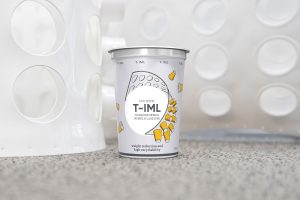
Greiner Packaging Makes T-IML Possible
New thermoformed cups with IML decoration are just as attractive as their injection-molded counterparts – but have the edge when it comes to sustainability.

New thermoformed cups with IML decoration are just as attractive as their injection-molded counterparts – but have the edge when it comes to sustainability.
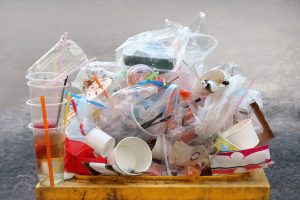
Reducing plastic use seems like one of the easiest environmental actions people can take. We re-use bags, put takeout coffee in our own mugs or recycle our plastic bottles, and feel good about ourselves. But it is not so simple. Plastic pollution is still causing immense harm to our planet.
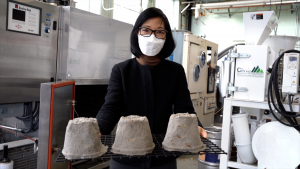
A new study by Oregon State University scientists outlines a key advance in turning apple waste into an environmentally friendly packaging material that could serve as an alternative to plastic.
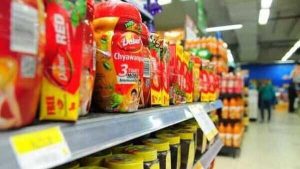
Dabur India, India’s largest Ayurveda company said it has become a complete plastic waste neutral firm in the country after collecting, processing and recycling around 27,000 metric tonnes of post-consumer plastic waste during FY21-22.
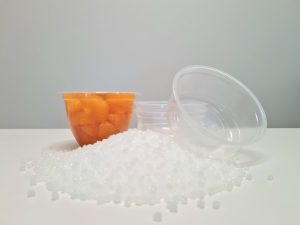
SCG Chemicals or SCGC launched “Circular PP,” a high-quality post-consumer recycled resin (PCR) manufactured from recycled feedstock under the advanced recycling technology, one of the solutions from SCG GREEN POLYMERTM.

India is committed to eliminating single-use plastic and the Indian Navy will contribute 100 ship days to clean the plastic waste from the sea, said Prime Minister Narendra Modi during the One Ocean Summit on Friday.
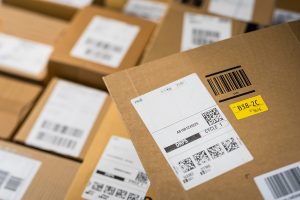
BASF has achieved a breakthrough in the development of adhesives that do not interfere with the recycling of transport boxes, such as paperboard and cardboard boxes with paper labels coated with Acronal RCF 3705 or Acronal RCF 3706.
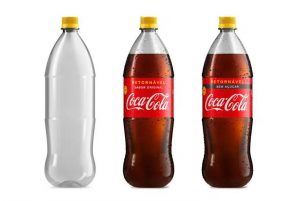
The Coca-Cola Company today announced an industry-leading goal to significantly boost its use of reusable packaging.
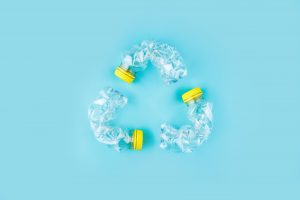
In December 2021, the European Commission presented a draft act to update EU regulations on recycled plastic food contact materials (FCMs). The aim of the new regulation is to streamline regulations on the development, certification, and use of FCMs in light of the diversity of recently developed plastic recycling technologies.
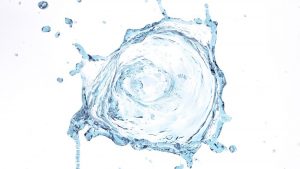
The University of Birmingham has licensed the rights to a ‘supercritical water’ technology to technology consultancy Stopford to develop a novel process for recycling mixed plastic packaging.

The ground breaking non-toxic products are 100 percent plastic-free, won’t break down into micro plastics and will never leave behind any plastic footprint on the earth.
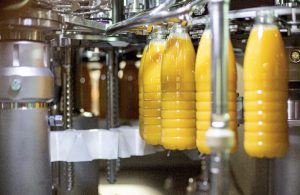
Krones and Alpla developed a returnable PET container that provides an optimal environment for sensitive ESL (Extended Shelf-Life) products such as juice and milk in the cold chain.